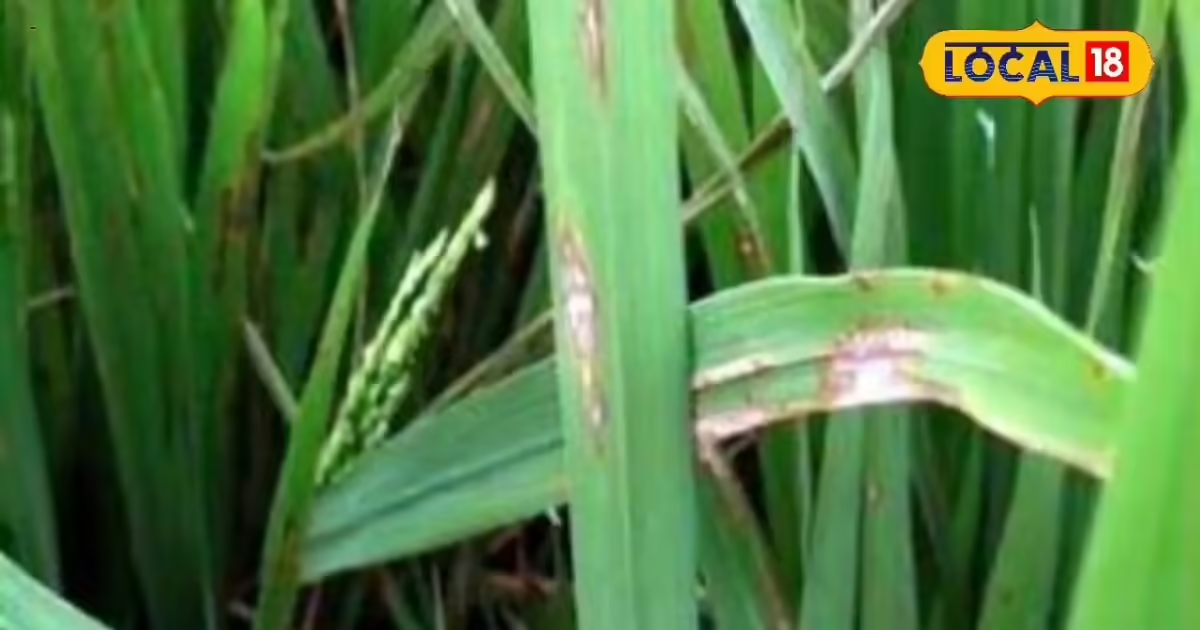Purnia: Preventing Bakana Disease in Rice Crops
Dr. Rabia Praveen, an agricultural expert at the Purnia Agriculture Science Center in Jalalabad, emphasizes that Bakana disease can have a significant impact on rice crop production, affecting up to 95% of the yield. This disease, also known as Bakana Disease or Blast, can completely destroy the rice crop, causing heavy losses to farmers. However, timely measures such as using good quality seeds, maintaining healthy soil, and proper seed treatment can help prevent this dangerous disease.
Effects of Bakana Disease on Rice Plants
Bakana Disease affects rice plants by significantly reducing their productivity, as stated by agricultural expert Dr. Rabia Praveen. This disease, also known as Bakana Disease, Blast, or Foot Rot Disease, spreads rapidly once it infects a plant, leading to wilting and stunting of the plant. The disease can cause severe damage to the rice crop, affecting up to 90-95% of the yield and leaving farmers devastated. However, timely intervention can help mitigate the risks associated with this disease.
Preventing Bakana Disease in Rice Crops
To prevent Bakana Disease in rice crops, Dr. Rabia Praveen suggests taking certain precautions. Farmers should ensure proper seed treatment by selecting advanced varieties of rice seeds and avoiding contaminated water for irrigation. Additionally, adding Calcium Silicate medicine to the soil and treating rice seeds with Bavistin, Thiram, or carbendazim can help in preventing the disease. By following these steps and timely nursery management, the risk of Bakana Disease can be minimized, ensuring a healthy rice crop.
पूर्णिया के कृषि एक्सपर्ट डॉ. राबिया प्रवीण ने बताया कि धान की फसल पर बकेन डिजीज का खतरा है और इससे किसानों को भारी नुकसान हो सकता है। इस बीमारी से बचने के लिए उन्होंने अच्छे बीज और बीजोपचार के उपायों की सलाह दी। उन्होंने बताया कि बकेन डिजीज के लक्षणों को पहचानकर धान की फसल को इस खतरनाक बीमारी से बचाया जा सकता है।


